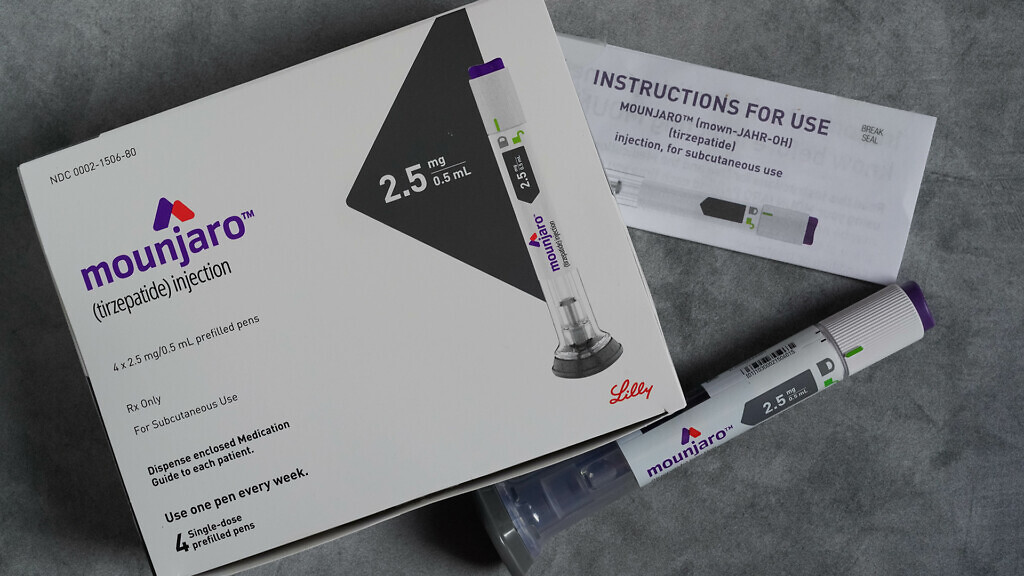Tirzepatide to be offered to those with the highest clinical need initially and its use will be reviewed after three years.
Following a consultation in October, the National Institute for Health and Care Excellence (NICE), an executive non-departmental public body of the Department of Health and Social Care, has opted for a considered rollout of the weight loss drug tirzepatide.
It will prioritise people who are already receiving care in specialist weight management services who will be able to access tirzepatide within 90 days of NICE’s final guidance being published if they are clinically eligible.
“We welcome the new guidance from NICE on overweight and obesity management and the recommendations for widening access to tirzepatide for weight loss, which now includes rolling out to people with prediabetes,” says Helen Kirrane, head of policy and campaigns at Diabetes UK.
At the same time, NHS England will develop a plan detailing which other groups of patients will be offered tirzepatide over the next three years.
“Tirzepatide is not for everybody, and only those with the highest clinical need will be treated initially,” says Professor Jonathan Benger, NICE’s chief medical officer. “This means many people will have to wait. We have had to make this difficult decision in order to protect other vital NHS services and also to test ways of delivering this new generation of weight loss medications,” he added.
Tirzepatide – also known as Mounjaro and made by Eli Lilly – has been shown in clinical trials to be more effective than diet and exercise support alone, and when compared with semaglutide alongside diet and exercise support. On average patients lost 21% of their body weight in 36 weeks during the SURMOUNT-4 trial.
The medicine could be offered in either primary or secondary care, with appropriate support focused on diet and nutrition, behavioural and lifestyle elements, physical activity and where appropriate mental well-being. Clinical assessment and support are essential.

Reviewed in three years
“We want to help NHS England carefully manage the rollout of tirzepatide to ensure that other services are not impacted in a disproportionate way. While the funding variation sets a maximum of 12 years, NICE will review the situation again within three years and provide further advice on how the rollout of this medicine can be managed using the learning gained from the initial phase,” says Benger.
“This will ensure the rollout of tirzepatide reaches everyone who is eligible in a safe and effective way,” he adds.
An independent NICE committee recommended the self-administered weekly injection, costing £122 for four kwikpens at its maximum 15mg dose list price, for people living with obesity in draft guidance issued in June. It is estimated that the medicine and associated wraparound care services will cost the NHS in England around £317.2 million per year by the third year of implementation.
Despite the cost, the evidence presented to the NICE committee suggests this medicine is a cost-effective use of NHS resources for some patients. When people with obesity who already have weight-related illnesses lose weight, it reduces their risk of developing further health complications due to their obesity. This prevents future ill health and saves money for the NHS that can then be reinvested in other services.
Estimates in Frontier Economics found that the cost of treating conditions associated with obesity puts a burden on the NHS of £11.4 billion per year.
According to the Health Survey for England 2022, almost two-thirds of adults are either overweight or living with obesity in England. Obesity is the second most common cause of preventable death after smoking.



